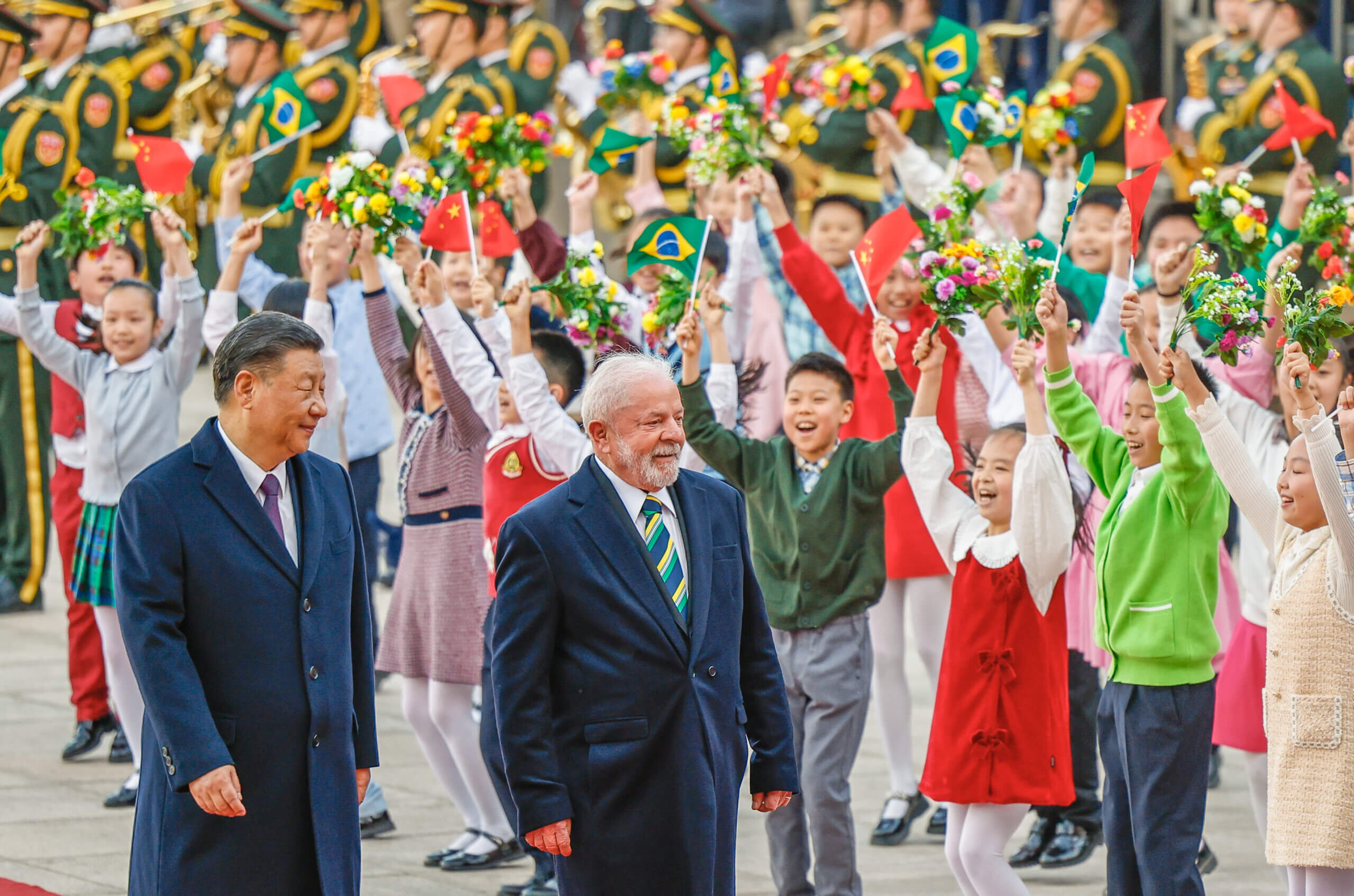Is Brazil moving closer to the Belt and Road Initiative?
Photo: Wikimedia Commons.
Brazil has maintained a cautious stance regarding its formal participation in China’s Belt and Road Initiative (BRI), largely due to geopolitical and economic factors. One of the primary reasons has been the influence of the United States in the region, as Brazil has sought to maintain strong ties with Washington, a key ally that views the BRI as a strategic expansion of China’s global power. Concerns about potential diplomatic and economic retaliation from the U.S. have been a significant obstacle preventing Brazil from formally joining the initiative. Additionally, within Brazil, economic and political sectors have carefully weighed the risks, with many fearing that the BRI could unbalance the local industry and reinforce Brazil’s role as a raw materials exporter without generating significant added value.
However, the situation is evolving. As Brazil deepens its relationship with China, President Lula da Silva’s administration has shown greater openness to the possibility of joining the BRI. Lula’s return to power has revitalized the debate on the potential benefits this initiative could bring, particularly in key areas such as green energy, technology, and infrastructure. Recent diplomatic visits by Lula and his vice president to China have fueled speculation that Brazil might sign a memorandum of participation in the near future. Despite reservations from some sectors of the government and industry, negotiations with China are progressing, and there is a possibility that an agreement could be formalized during Xi Jinping’s upcoming visit to Brazil, scheduled for November 2024.
While Brazil has not yet signed on, the signs of rapprochement are evident. Lula has expressed interest in exploring how participation in the BRI could benefit Brazil, provided the conditions are favorable for its economy. With China as Brazil’s top trading partner since 2009, the country wants to ensure that joining the BRI offers more than just raw materials exports, focusing instead on strategic projects such as reindustrialization and South American regional integration through key infrastructure like the Bioceanic Railway Corridor.
In conclusion, although Brazil has historically been hesitant to join the BRI due to geopolitical and economic considerations, the context is shifting. Lula’s return to power and his focus on diversifying cooperation with China in strategic areas suggest that Brazil may be on the verge of changing its stance, potentially marking a significant milestone in Sino-Brazilian relations.
Main source:
Brasil se acerca a la Iniciativa de la Franja y la Ruta – Dialogue Earth.
Other related sources:
Why hasn’t Brazil joined China’s Belt and Road Initiative – The Brazilian Report.

